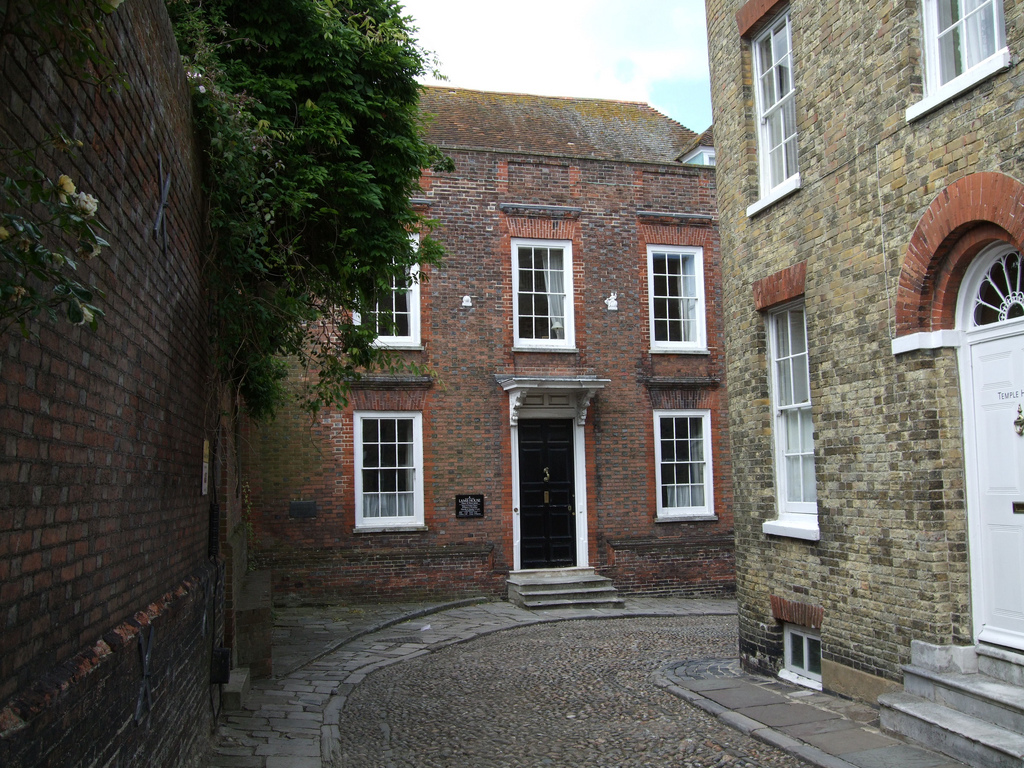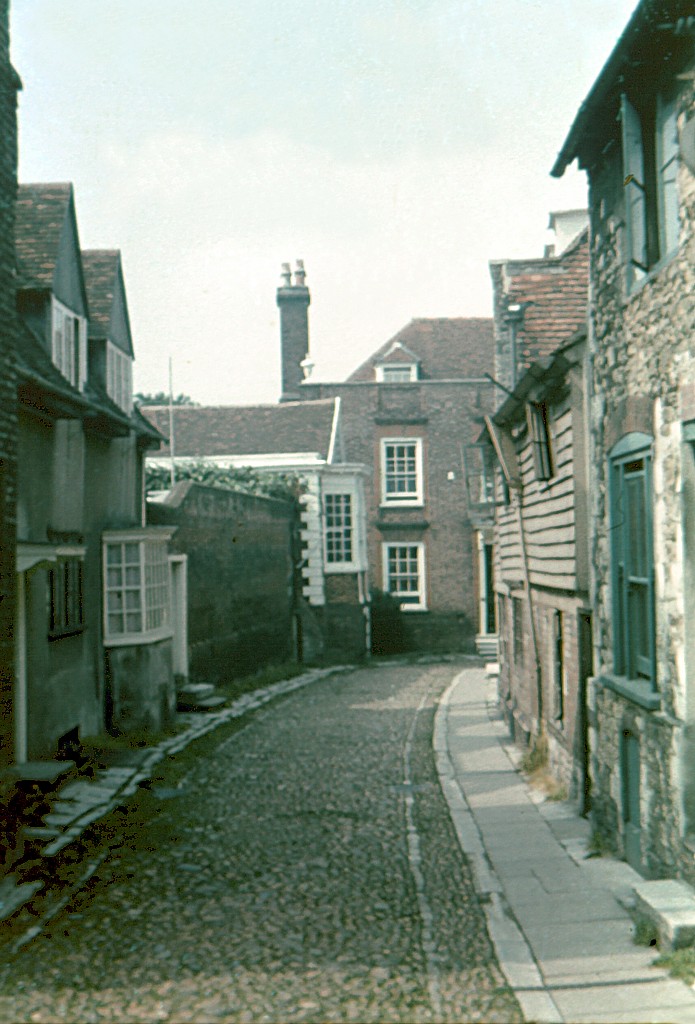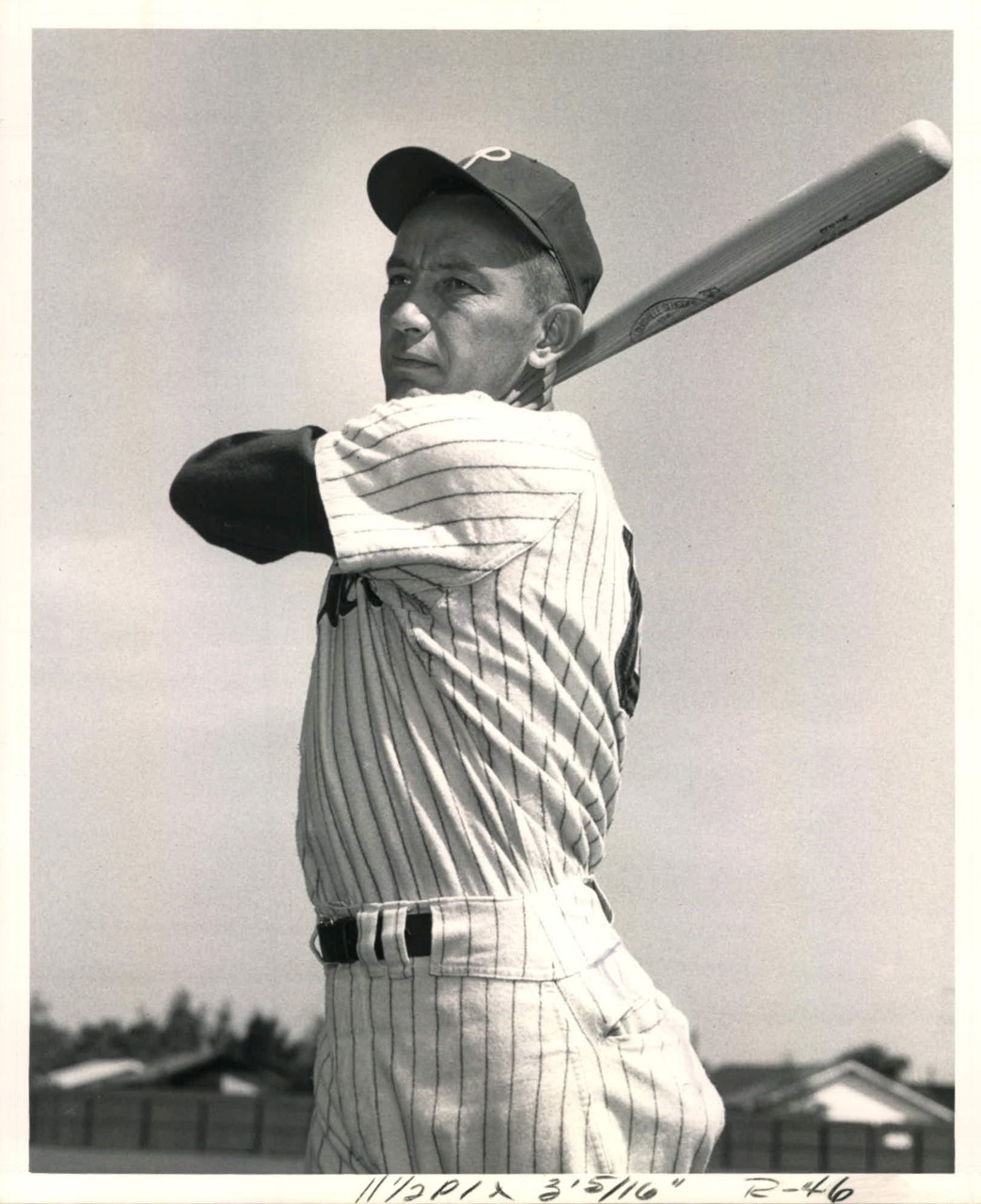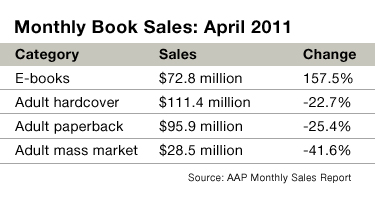
Lamb House was the home of Henry James from 1897, when he was 55, until his death in 1916. Below, the residence as it appeared in the late 1930s or early 1940s. To the left of the house, at the end of the high wall, is the garden room where in summer James did most of his writing. The garden room was destroyed by a bomb in August 1940.

Look here for more about Lamb House from Colm Toibin, whose portrait of Henry James, The Master, beautifully evokes James’s life at Lamb House. If you read The Master — and you should — you will want to know what Lamb House looks like.
Photos: Jim Linwood, doveson2008, both via Flickr.

 A couple of days ago, my wife gave me a Nook for my birthday. It is the first e-reader I have owned, and so far I have been very impressed.
A couple of days ago, my wife gave me a Nook for my birthday. It is the first e-reader I have owned, and so far I have been very impressed.